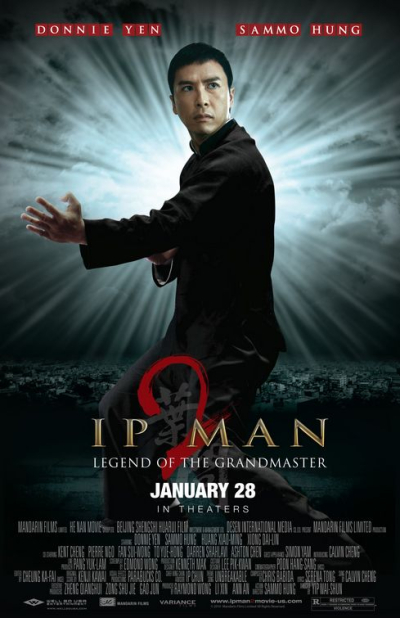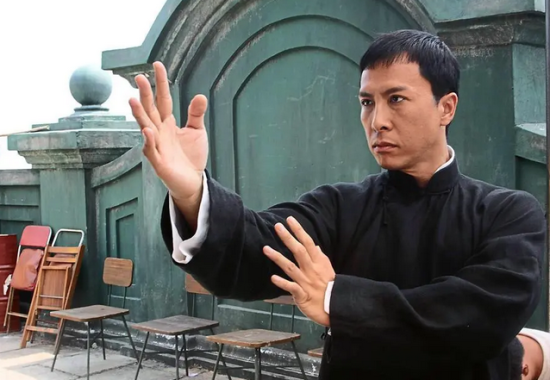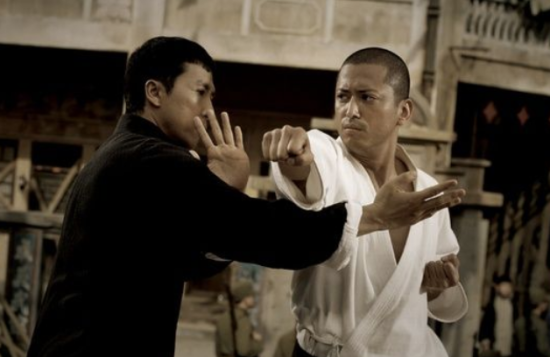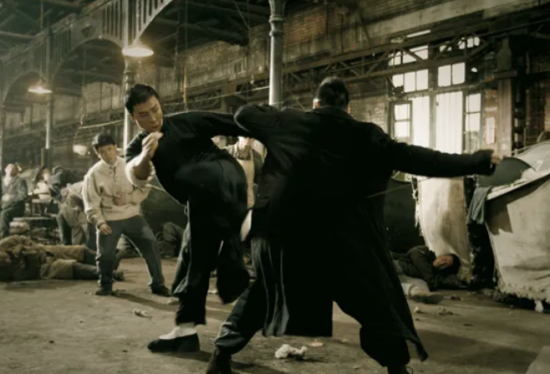 The second half of Wilson Yip's enthralling Ip Man biopic ratchets up its martial arts fight sequences with phenomenal duels that put you on the edge of your seat.
The second half of Wilson Yip's enthralling Ip Man biopic ratchets up its martial arts fight sequences with phenomenal duels that put you on the edge of your seat.
The political exigencies of the wartime Japanese occupation come to dominate Ip Man's family life in his hometown of Foshan, China shift to Hong Kong, then a British colony. In order to teach his Wing Chun style of martial arts, Ip Man must first prove himself against Hong Kong's local kung fu masters.
Fighting atop an unanchored table amid a sea of upturned stools, Ip Man practices his craft with a calm fierceness that belies the blinding speed of his hands and feet.
Donnie Yen is positively sublime in the role. Renowned martial arts choreographer Sammo Hung admirably fulfills the role of Master Hung, a kung fu master every bit as gifted as Ip Man. "Ip Man 2" comes to revel in a heavily pronounced Chinese nationalist theme when a Western-style boxer who goes by "the Twister" (Darren Shahlavi) publicly insults Chinese boxing.
It's been a very long time since a filmmaker has upped the stakes on what audiences can and should expect from a martial arts film. You will not be disappointed.
Rated R. 108 mins.








